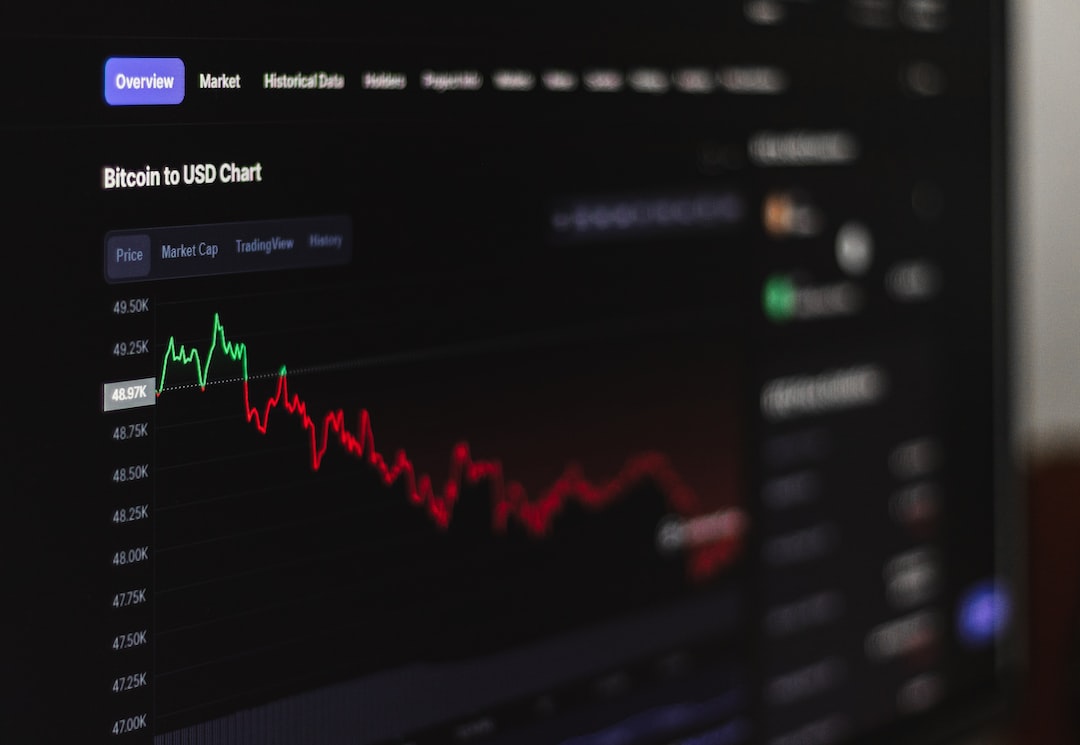Forex trading has become increasingly popular in recent years, with individuals and businesses seeking to profit from fluctuations in global currency markets. However, as with any financial transaction, it is important to ensure that you are dealing with a reputable and licensed broker.
In most countries, forex brokers are required to hold a license from the relevant regulatory body. This license ensures that the broker is operating legally and according to industry standards. Depending on your location and the broker you choose, the specific requirements for licensing may vary. However, there are some general principles that apply in most jurisdictions.
The first step in becoming a licensed forex broker is to establish a legal entity. This may be a corporation, limited liability company (LLC), or other type of business structure. Once the entity is established, the broker must register with the appropriate regulatory authority.
In the United States, for example, forex brokers must be registered with the Commodity Futures Trading Commission (CFTC) and the National Futures Association (NFA). The CFTC is an independent agency of the federal government that regulates commodity futures and options markets. The NFA is a self-regulatory organization that oversees the activities of its members, including forex brokers.
To obtain a license from the CFTC and NFA, forex brokers must meet certain requirements. These include having a minimum net capital of $20 million (or $5 million if the broker is a member of a designated self-regulatory organization), maintaining accurate books and records, and submitting to regular audits and inspections.
In addition to these general requirements, forex brokers must also comply with specific rules and regulations governing their activities. For example, brokers must disclose their fees and charges to clients, provide accurate and timely execution of trades, and maintain adequate risk management practices.
Outside of the United States, the requirements for forex broker licensing may vary. In the European Union, for example, brokers must adhere to the Markets in Financial Instruments Directive (MiFID), which sets out rules for investor protection, transparency, and market integrity. Brokers must also be licensed by the relevant national regulatory authority, such as the Financial Conduct Authority (FCA) in the UK or the Autorité des Marchés Financiers (AMF) in France.
In Australia, forex brokers must be licensed by the Australian Securities and Investments Commission (ASIC). To obtain a license, brokers must meet certain minimum standards for financial stability, risk management, and client protection. Brokers must also comply with the ASIC’s regulatory framework, which includes rules for advertising, disclosure, and dispute resolution.
In summary, forex brokers must hold a license from the relevant regulatory authority in order to operate legally and provide services to clients. The specific requirements for licensing may vary depending on the broker’s location and regulatory framework. However, all brokers must adhere to certain minimum standards for financial stability, risk management, and client protection. By choosing a licensed broker, investors can be assured that their funds are being handled in a responsible and professional manner.





